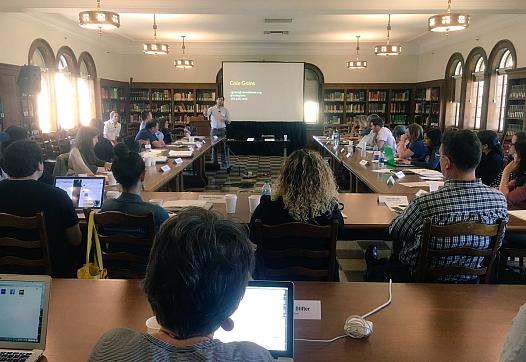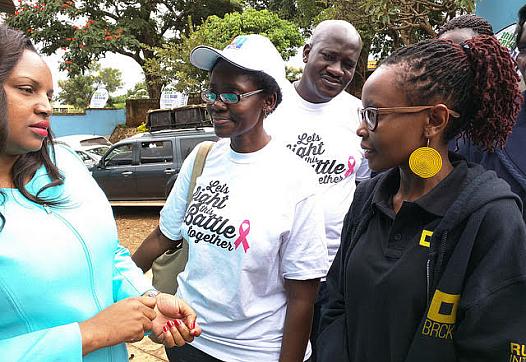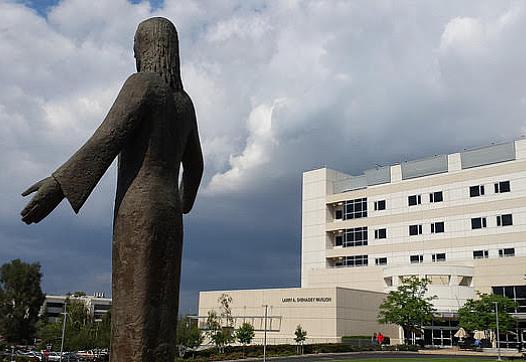
Community engagement innovators Jesse Hardman and Cole Goins spoke to 2017 California Fellows this week on novel strategies for engaging communities throughout the reporting process.

Community engagement innovators Jesse Hardman and Cole Goins spoke to 2017 California Fellows this week on novel strategies for engaging communities throughout the reporting process.

In California’s Merced County, residents are more likely to be exposed to tobacco, suffer from poor air quality, or die of heart disease. At the same time, the region faces a long-running shortage of doctors.

Narrative journalist Eli Saslow has an uncanny gift for capturing intimate, authentic moments in people's lives. He shared his methods with our 2017 California Fellows this week.

Black women have twice the risk of developing breast cancer as white women, and three times the mortality rate. They also have far less access to screening.

For years, some school districts in California's Central Valley have been reluctant to teach comprehensive sex education. Worse, the valley's pregnancy and STD rates are some of the state's highest.

The shortage of doctors in California’s San Joaquin Valley has long impacted Central Californians in a very real way. Will efforts to combat the shortage make a difference?

In California’s Salinas Valley, the lack of living wages for farmworkers has resulted in ongoing cycles of poverty, violence and health problems.

Cristina Sprague, a nurse practitioner in San Francisco, says the irony for many Filipino caregivers is that they often work 16-hour shifts as care providers but can’t provide care for their own children.

Soon Californians will find themselves being asked to divulge their sexual orientation and gender identity to state health officials. But will people be willing to divulge such personal information?